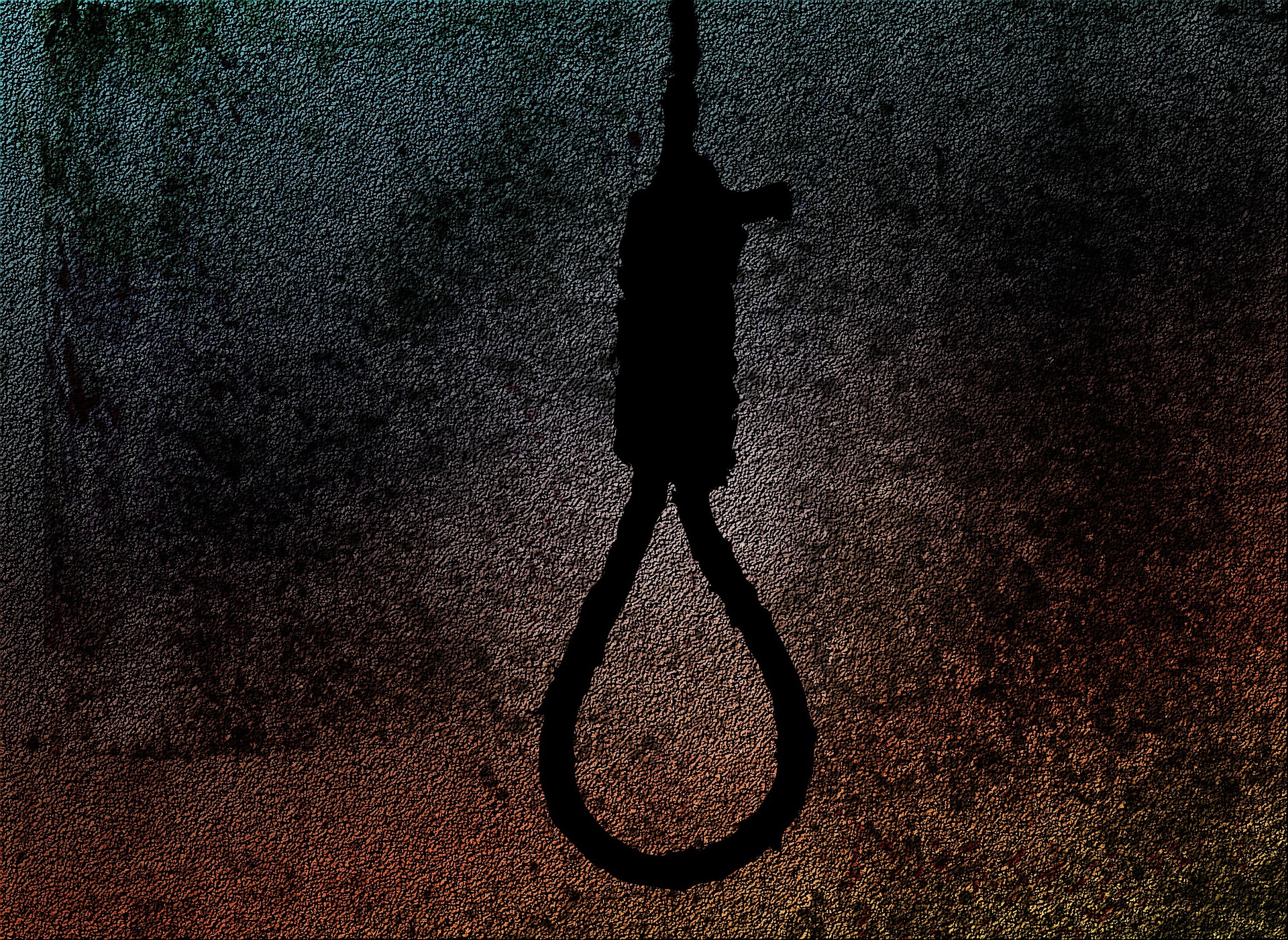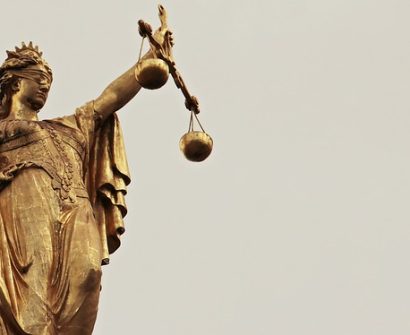
INTRODUCTION
In the recent scenario, we came across many cases where the court has awarded capital punishment to the accused, in the recent Shabnam case, where culprit Shabnam was awarded the death penalty for murdering their family members. But there is also a voice that is echoing around the world which is against capital punishment.
United Nations gives their statement against capital punishment and in the favour of abolishing this system of capital punishment where the accused get the death penalty if convicted. In India, we have a law to convict a person with the death penalty in case of heinous crime only.
As there is an ongoing debate on capital punishment around the world, as all have their points to justify or disregard such practice. Through this essay, I will shed some light upon the pros & cons of the same and the position of India in regard to capital punishment.
What is Capital Punishment?
Capital punishment also called the death penalty; is an execution of an offender sentenced to death after conviction by a court of law of a criminal offense. It is the highest punishment awarded to any convicted person, generally, it is awarded in rare of the rarest case or you can say heinous cases.
It is seen as a suitable punishment and an effective deterrence for the worst crimes. Many people oppose the same as they saw it as inhuman, and that’s why the morality of the death penalty is debatable many sociologists, and phycologist all over the world are demanding for the abolition of the death penalty.
Views in favor of Capital Punishment
Retribution: Retribution theory support that people should get what they deserve in proportion to the severity of their crime. This argument states that real justice requires people to suffer for their wrongdoing and suffer in a way appropriate for the crime.
It follows the principle of “tit for tat” i.e criminals should get what their crime deserves for example in the case of murder culprit should get the death penalty.
Deterrence: Some criminologists and sociologists saw it as deterrence for crimes. Such a severe penalty would stop a person or make a person thinks about the outcome of such a penalty before committing any act which is punishable with such gravity.
Views against the Capital punishment
Many intellectual people don’t see it as a weapon for deterrence, rather according to them such punishment does not create any kind of deterrence in the mind of a person who could do any heinous crime because of an indifferent mind of a person. Some argued that it happens sometimes in such an emotional state that the perpetrator did not think about the possible consequences.
The death penalty has been prescribed in rape cases since 2013, but still, rapes continue to happen and in fact, the brutality of rapes has increased in the fold.
Execution of Innocent
According to the amnesty international, as long as human justice remains the risk of executing the innocent can never be eliminated.
Death Penalty in India
Prior to the Criminal Procedure (Amendment) Act, 1955 the death penalty was a rule and life imprisonment an exception, with the course of time the court was bound to give an explanation for awarding a lighter penalty than capital punishment.
After the amendment of 1955, courts were at the liberty to grant either death or life imprisonment and the courts are required to state the reason in writing for awarding the maximum penalty.
And with time situation reversed and now life imprisonment is the rule and the death penalty becomes the exception, However, despite the global moratorium against the death penalty by the U.N, India retains the death penalty. A proposal for scrapping the death penalty was rejected by the Law Commission in its 35th report in 1907
India is of the view that allowing criminals guilty of having committed intentional cold-blooded, brutal and deliberate murder to escape with a lesser punishment will deprive the law of its effectiveness and result in a travesty of justice.
Recommendation by the law commission in 2015 proposed the abolition of the death penalty, however, the commission had made the proposal only for non-terrorism only.
Some Supreme Court Judgement where the death penalty was awarded-
In the case of Bachan Singh (1980), the Supreme Court formulated a sentencing framework to be followed for imposing the death penalty, which required the weighing of aggravating and mitigating substances relating to both the circumstances of the offense and offender. And for ensuring the death penalty, in any case, aggravating circumstances should or outweigh the mitigating circumstances
The collective conscience of society
The collective conscience of society as a ground to justify the death penalty was first used by Supreme Court in 1983 in Machhi Singh V.s state of Punjab, in which the court held that when the collective conscience of society is shocked, it will expect the holder of judicial power to inflict the death penalty. It was even used in the 2005 Judgement also which was connected with the Parliament attack. And in the most recent 2015 Judgement of the Supreme Court in the December 2012 Nirbhya rape case.
Conclusion
Deterrence is most effective when punishment happens soon after the crime. The more legal distance the punishment from the crime either its time or certainty the less effective and deterrent the punishment will probably be. The inordinate delay can sting out the punishment. This is why the Hyderabad Police encounter in Disha’s case was hailed by a large population.
There is a need to expedite investigation at the hand of the well-trained and equipped police system, supported by fast-track trials to reinforce the faith of the public in one legal system and top of all above to ensure no innocent person suffers or is executed only then it can be justified. “It is true that eye for an eye can make the whole world blind. But to retain justice and faith of people on the justice system the punishment should also match the offense”









